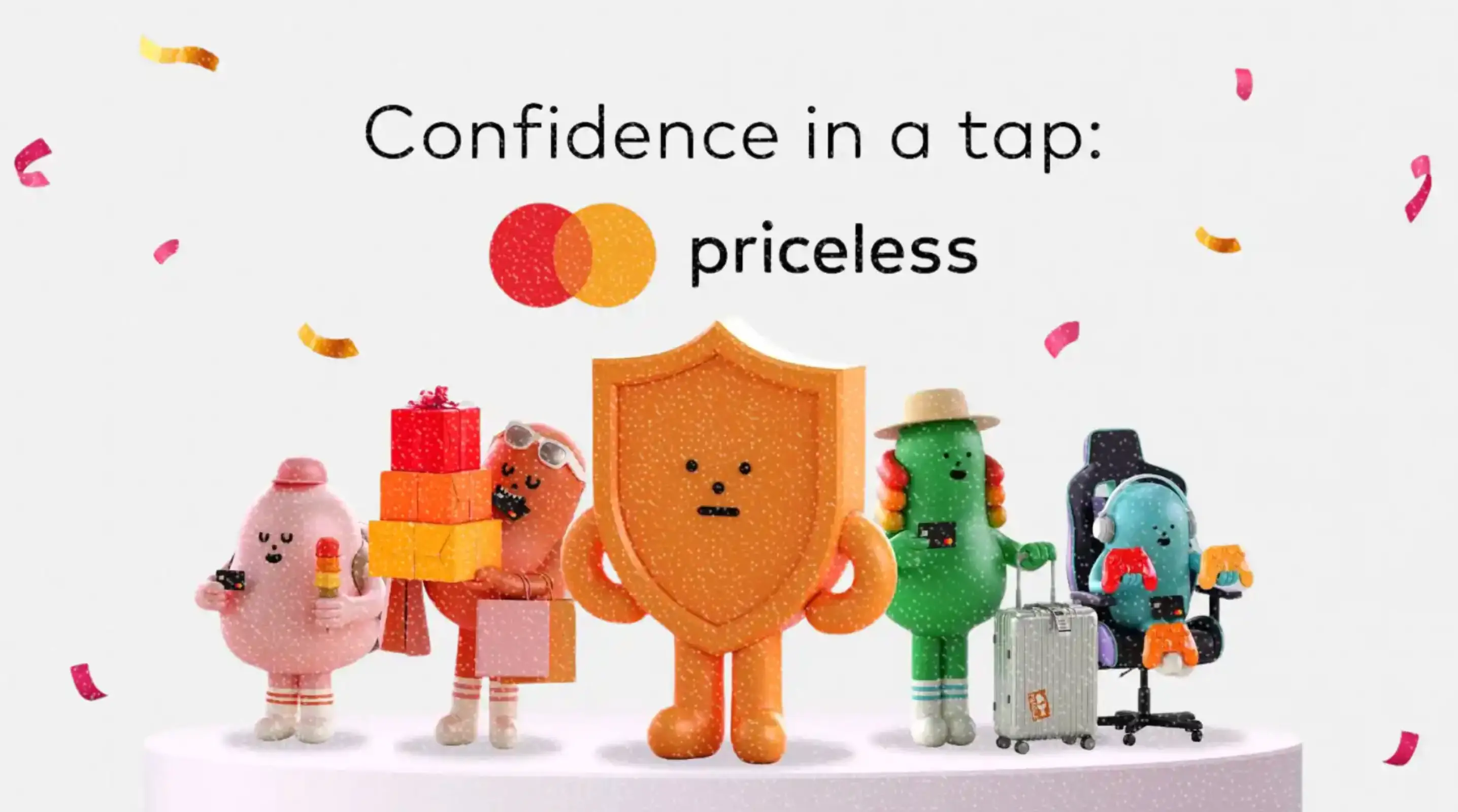Marketing Luxury Brands Authentically To A Wider Audience
Updated on
Published on
Marketing Luxury Brands Authentically To A Wider Audience
Luxury brands have always been symbols of exclusivity and affluence. Yet, as the world and consumer expectations keep evolving, many top-tier labels are shifting their marketing approaches to connect with a broader audience—without losing that elite edge. Let’s explore the next wave of innovations and strategies that’ll matter and why the digital revolution is nudging these brands to rethink how they reach potential buyers.
Luxury goods thrive on scarcity and rarity, which boost their appeal. But with the internet making almost everything more accessible, high-end names are re-evaluating how far they should expand their reach. How do they attract more people while protecting their lofty reputations? In today’s digital age, brand success hinges on how well they engage diverse groups of consumers—so it’s not just about sales volume. The trick is doing this with precision, to ensure the brand’s identity remains intact. In this piece, we’ll pinpoint key ideas, revealing how luxury labels can genuinely widen their audience base without losing sight of who they are.
The Role of User-Generated Content (UGC)
User-Generated Content (UGC) has become a cornerstone of modern marketing. Whether it’s photos, videos, or testimonials on social media, UGC lets real people reflect their experiences with the brand. Consumers often find such content more believable, which is why about 75% of U.S. marketers now rely on it. It’s essentially digital word-of-mouth—something that resonates with younger and older generations alike. For luxury brands, UGC can help build trust and guide purchasing decisions. Studies suggest nearly 80% of shoppers are more inclined to believe user-led content than polished ads. That said, some high-end labels already use UGC effectively, showing how it can elevate engagement and solidify brand perception.

Challenges of Integrating UGC for Luxury Brands
However, folding UGC into luxury marketing isn’t straightforward. High-end labels often revolve around tradition, craftsmanship, and an aspirational vibe that can be tricky to capture through random user posts. Handing over part of the brand’s story to everyday consumers brings unpredictability—maybe they won’t reflect the brand’s heritage precisely. There are also legal considerations over usage rights, since content creators can withdraw permission at any time. That’s why many brands opt for paid collaborations, though this can drive up costs.
Strategies for Leveraging UGC for Luxury Brands
Overcoming these challenges requires a multi-pronged approach:
- Driving Engagement: Understand social algorithms and spark interest with incentives or PR packages. Strategic hashtags and mentions help amplify reach. Apple’s #ShotoniPhone campaign proves that aligning brand goals with UGC can work wonders.
- Welcoming Feedback: Beyond typical social posts, get feedback from product reviews or surveys. Chewy’s empathetic approach, such as sending condolences for a pet’s passing, illustrates the brand-boosting power of genuine, heartfelt gestures.
- Building Ambassador Programs: Formal arrangements—paid or unpaid—turn loyal fans into content creators. Offering free samples or VIP perks can inspire them to share more. They effectively become field marketers, capturing real-life brand moments.
Balancing these strategies allows for expanded reach while maintaining brand DNA. By mixing official posts with organic content, luxury brands can keep their heritage in the spotlight yet still speak to broader audiences.

Innovative Approaches for Luxury Brands
With a rapidly evolving market, here are some tech-savvy ideas driving luxury marketing next year:
1. Virtual and Augmented Reality Experiences: High-end customers crave immersion, and VR/AR delivers exactly that—customers can virtually try products or explore brand heritage from the comfort of their couch.
2. Blockchain Transparency: As consumers get pickier about ethical sourcing, blockchain ensures item authenticity and sustainability verification—perfect for proving a bag, watch, or jewelry piece is responsibly made.
3. Metaverse Engagement: The metaverse is moving beyond hype; top brands host virtual fashion shows and exclusive meetups. This extends beyond traditional marketing, forming vibrant communities online.
4. AI-Powered Personalization: Artificial Intelligence refines personalized recommendations, tailored marketing messages, and individualized shopping trips. This not only wows customers but shows the brand’s tech-forward vision.

5. Live Streaming and Social Events: Live product reveals, behind-the-scenes looks, or virtual parties keep fans talking. Interactivity fosters a sense of intimacy few ad campaigns can match.
6. Sustainability Innovations: Eco-mindedness is no passing trend. From using eco-friendly materials to adopting circular fashion, these endeavors appeal to consumers anxious about environmental footprints.
7. Voice Commerce Integration: Smart-home devices are on the rise, meaning voice-activated shopping is inching toward mainstream. Luxury labels aiming for frictionless buying experiences consider voice commerce is a must.
8. Subscription Models for Luxury: Offering curated sets of premium goods on a recurring basis lets brands “democratize” luxury without devaluing exclusivity—like receiving monthly artisanal pieces or beauty boxes for a steady fee.
What Does This All Mean?
From amplifying user-generated content to exploring VR, blockchain, and the metaverse, these tactics highlight the fast-changing nature of today’s luxury market. Consistent evolution is key; a brand that anticipates consumer desires is more likely to outpace its rivals. Keeping up with new tech—whether that’s AI personalization or voice commerce—ensures brands stay relevant, not stale.
But the real secret sauce is mixing authenticity with modern flair. The classic exclusivity that sets luxury apart must blend harmoniously with these novel digital strategies. That’s why top labels don’t just chase every new trend—they choose the ones that mesh with their heritage. When done right, they remain timeless while still appealing to Gen Z, millennials, and global audiences alike. Ultimately, its success stories will come from the ability to honor tradition even while exploring fresh frontiers in marketing.









